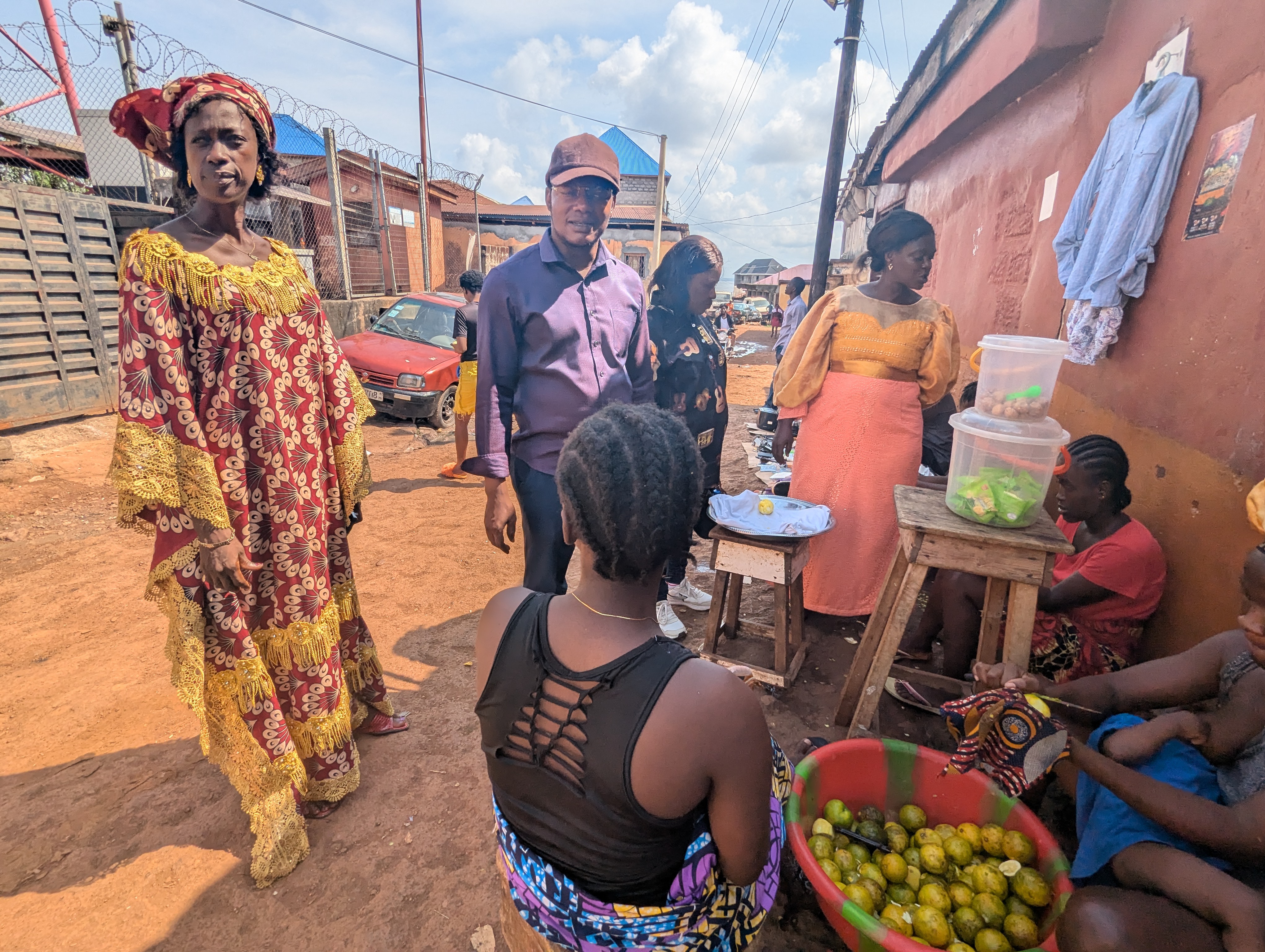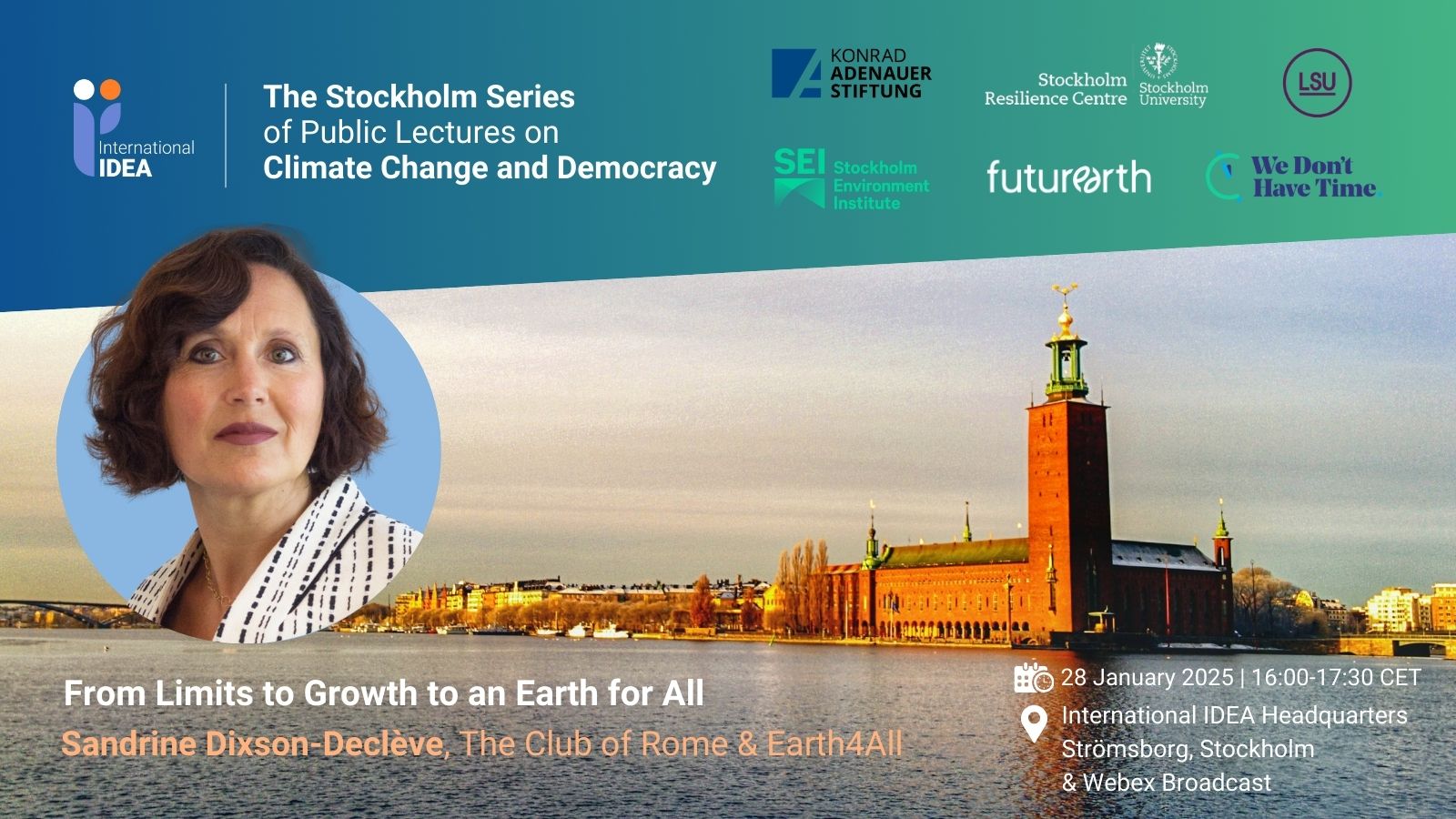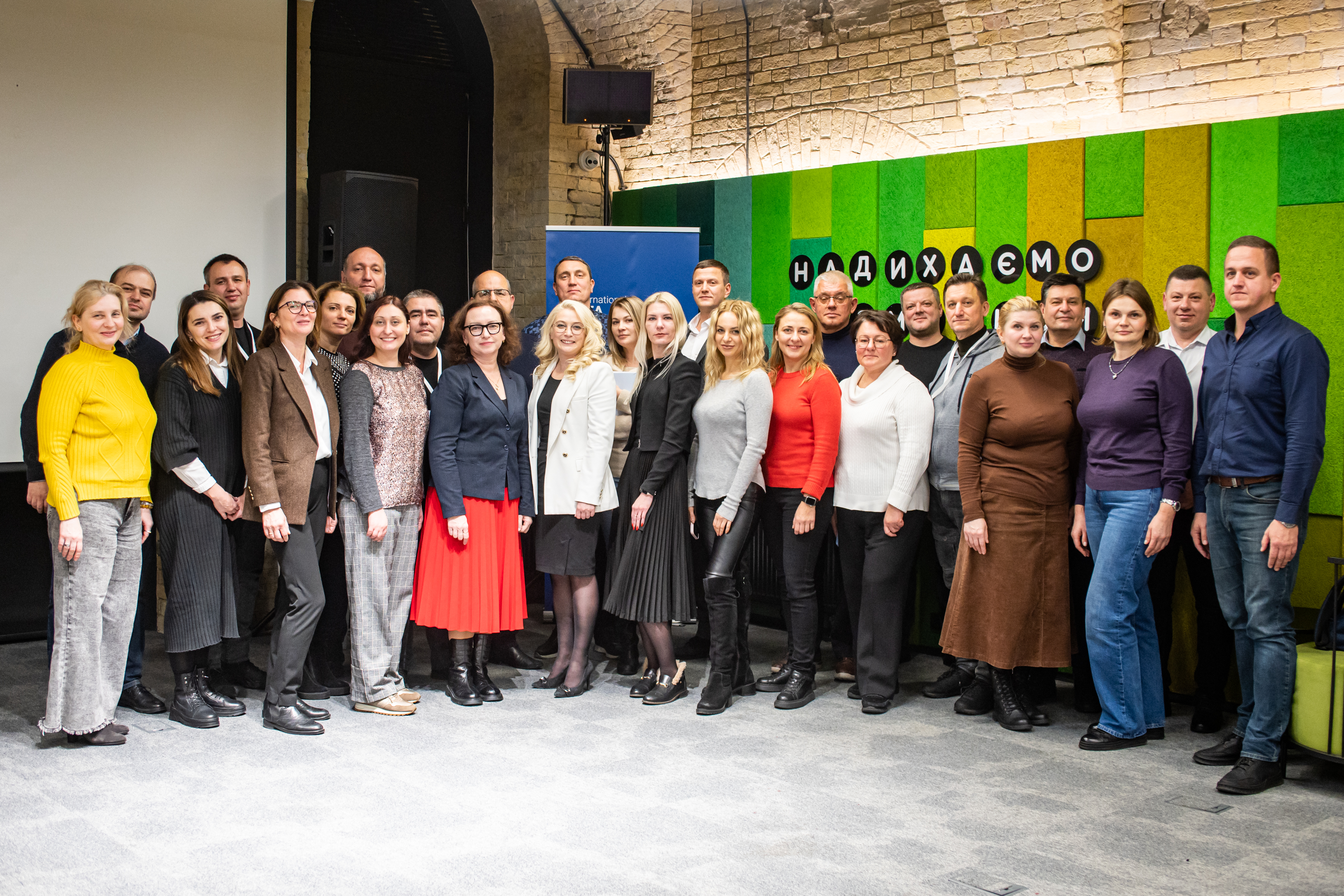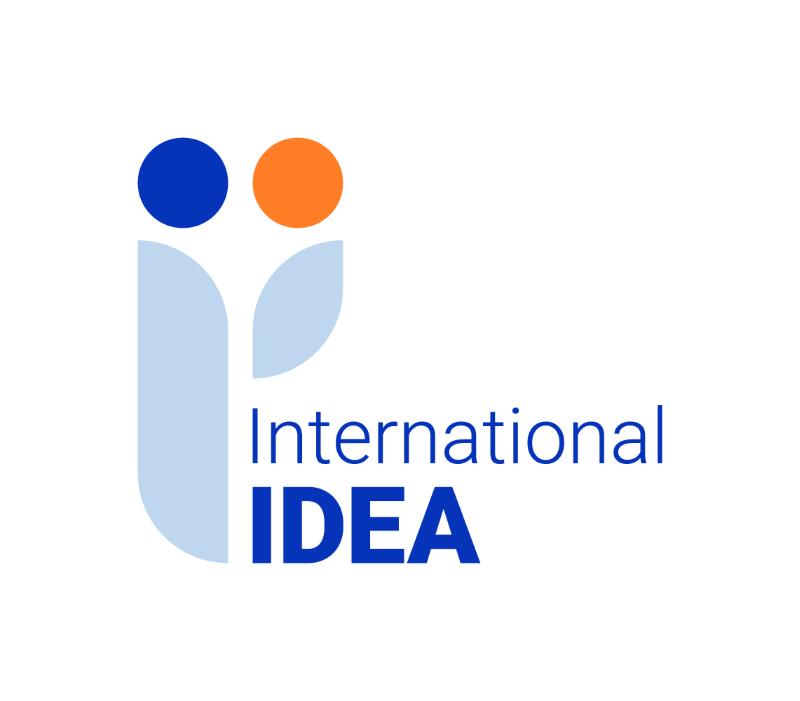Democracy and diversity: moving from political exclusion to inclusion
There are many examples across the world of women succeeding in empowering themselves and how they acquired greater influence in political institutions. These range from customary governance in Bougainville, Namibia, Northern Kenya and South Africa, to local governance in Cameroon and Cambodia and across national level institutions in Somaliland and India.
The strategies used by marginalized women and a range of minority groups in moving from political exclusion in either customary or more contemporary governance settings, to inclusion in various decision making bodies are described in two of International IDEA’s recently published reports Journeys from Exclusion to Inclusion: Marginalized women’s successes in overcoming political exclusion and Overcoming Political Exclusion.
They are based on 38 case studies drawn from sub-Saharan Africa, the Middle East, South and South East Asia, the Pacific Islands, Latin America and the Caucasus.
The reports investigate the link between poverty and marginalization, highlight the importance of collective action via networking and alliance building and examine cultural and security considerations in overcoming exclusion. Importantly, they highlight the critical longer term strategy of educating young people about girls’ and women’s political inclusion.
The political, religious, judicial and administrative determinants of inclusion, including the key roles played by the judiciary and human rights institutions, are also covered, as are the important role played by political and religious leaders and the critical factor of ensuring the significant presence of women and other marginalized groups in civil administration profiles as an inclusion reform measure.
Two films
Three of the 38 case studies focus on successful action in overcoming women’s exclusion from political and religious institutions in Egypt, India and Somaliland, inspiring IDEA’s Democracy and Diversity team to commission two films on women’s empowerment successes in conservative religious and political environments.
Making Waves: Expressions of Gender Equality in the Islamic Tradition, is based on interviews with Muslim women and men scholars and activists working to overcome barriers to the participation of women and other marginalized groups in dialogue about interpretations of the Qur’an and the Hadiths. The film also examines the religious rationale sometimes used to justify female genital mutilation and how women and men in The Gambia have challenged this and succeeded in halting the practice.
The film reflects how various women have employed a range of strategies in responding to systemic and sometimes hostile opposition to women engaging in discourse concerning interpretations of the Qur’an and Hadiths. Zainah Anwar, Director ‘Musawah’ and co-founder Sisters in Islam clearly articulates the issues when she comments…
“When Muslim women demand for change and demand for equality we are told that this is against Islam and this is divine law; it cannot be changed.
We wanted to break the monopoly that only the Ulama, only the religious authorities have the right to talk about Islam and to define what is Islam and what is not Islam. Our position is that if Islam is used as a source of law and public policy, everyone has a right to speak on Islam, whether you are a scholar or not a scholar, whether you are a Muslim or not a Muslim; if you want to use religion as a source of law or public policy, what we are debating is public law and public policy and how it impacts on us and our rights as citizens within a democratic nation state.
We decided that there’s no way we could influence the religious authorities or go to the Mosques to talk about this so we decided then as a strategy to create a new platform to assert our right and our authority to speak on this and that is how we came about the idea of using the letters to the editor column in the newspapers.
…The new media actually provides that space for you to raise those doubts, for you to find information on your own, to find sites and debates and articles that actually address the doubts and the questions you have. Now it’s reached a point where whenever any issue relating to Islam comes up, the media will come to us as a source of authority. We have successfully broken the monopoly and the hegemony of the traditional religious leaders and their authority to be the sole authority to speak on Islam.”
Boy with a Gun (forthcoming in March 2014) features the successes of Somaliland’s Candlelight NGO in achieving a broader participation by Somaliland’s women in the political process.
Through these reports and films, International IDEA has highlighted women’s successes in overcoming political and religious barriers to their participation in decision making. This is a crucial part of its focus on identifying ways that marginalized groups have increased their participation and representation in democratic fora, one of the Institute’s four key impact areas. Both publications and films are accessible from International IDEA’s Democracy and Diversity website: http://www.idea.int/democracy-and-diversity/index.cfm.



